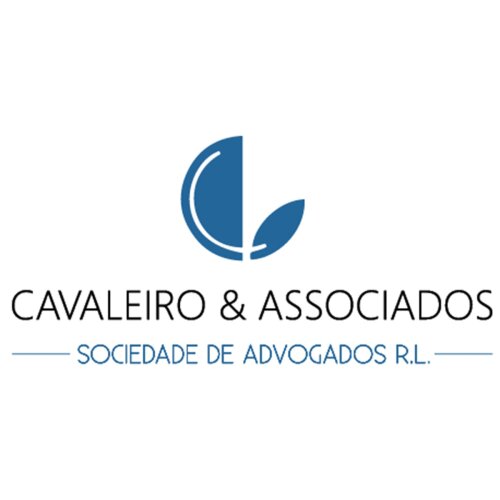Best White Collar Crime Lawyers in Porto
Share your needs with us, get contacted by law firms.
Free. Takes 2 min.
List of the best lawyers in Porto, Portugal
About White Collar Crime Law in Porto, Portugal
White Collar Crime in Porto, Portugal refers to non-violent offenses committed by business and government professionals in the course of their employment. These crimes often involve sophisticated fraudulent schemes and coverups. Some of the most common types of white collar crimes include embezzlement, corporate fraud, money laundering, identity theft, and tax evasion.
Why You May Need a Lawyer
White collar crimes involve complex legal issues, and those accused often require experts who are well-versed in both Portugal's Penal Code and commercial law. Lawyers specializing in white collar crime can help clients understand the charges against them, as well as their constitutional rights. Businesses may also need legal counsel to ensure they are abiding by financial and corporate regulations, and help prevent potential accusations of white collar crime.
Local Laws Overview
In Porto, white collar crimes are serious offenses under the Penal Code of Portugal. Money laundering, corruption, fraud, and embezzlement are considered crimes against the State's economic interests. These crimes could lead to severe penalties including hefty fines and long term imprisonment, depending upon the severity of the crime.
Frequently Asked Questions
What is considered a white-collar crime in Porto, Portugal?
White-collar crimes usually involve deceit, concealment, or violations of trust without any physical force or threat. Similarly, in Porto, crimes such as fraud, bribery, insider trading, embezzlement, cybercrime, intellectual property infringement, identity theft, etc., qualify as white-collar crimes.
Are white-collar crimes considered serious in Portugal?
Yes, white-collar crimes are considered serious offences in Porto, Portugal. Many of these crimes can damage the economy and the credibility of the institutions, and hence are treated with utmost severity by the legal system.
What penalties could I face if I’m convicted of a white-collar crime in Porto?
The penalties for white-collar crimes in Porto range from financial penalties, prohibitions on practicing certain professions, to imprisonment, depending on the seriousness of the crime.
What defenses could I use if I’m charged with a white-collar crime?
Common defenses include lack of intent to commit a crime, duress, entrapment, or that you were not aware of the illegal activity. Given that these crimes often involve complex legal issues, it is highly recommended to have legal representation for your defense.
Could my business be responsible if an employee commits a white-collar crime?
In some cases, businesses can be held responsible for the illegal actions of their employees, especially if they benefited from these actions, or failed to prevent them. Legal advice should be sought in such scenarios.
Additional Resources
For more information on white collar crimes in Portugal, try obtaining information from governmental bodies and law-enforcement agencies. You could also consult local legal aid agencies, law firms, or local universities for resources and advice.
Next Steps
If you or your organization require legal assistance regarding a potential white collar crime, it is advisable to engage an attorney specializing in this field as soon as possible. An experienced attorney can navigate the complexities of the legal system, ensure your rights are protected, and provide advice tailored to your specific circumstances.
Lawzana helps you find the best lawyers and law firms in Porto through a curated and pre-screened list of qualified legal professionals. Our platform offers rankings and detailed profiles of attorneys and law firms, allowing you to compare based on practice areas, including White Collar Crime, experience, and client feedback.
Each profile includes a description of the firm's areas of practice, client reviews, team members and partners, year of establishment, spoken languages, office locations, contact information, social media presence, and any published articles or resources. Most firms on our platform speak English and are experienced in both local and international legal matters.
Get a quote from top-rated law firms in Porto, Portugal — quickly, securely, and without unnecessary hassle.
Disclaimer:
The information provided on this page is for general informational purposes only and does not constitute legal advice. While we strive to ensure the accuracy and relevance of the content, legal information may change over time, and interpretations of the law can vary. You should always consult with a qualified legal professional for advice specific to your situation.
We disclaim all liability for actions taken or not taken based on the content of this page. If you believe any information is incorrect or outdated, please contact us, and we will review and update it where appropriate.









